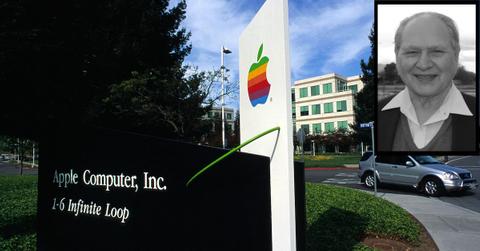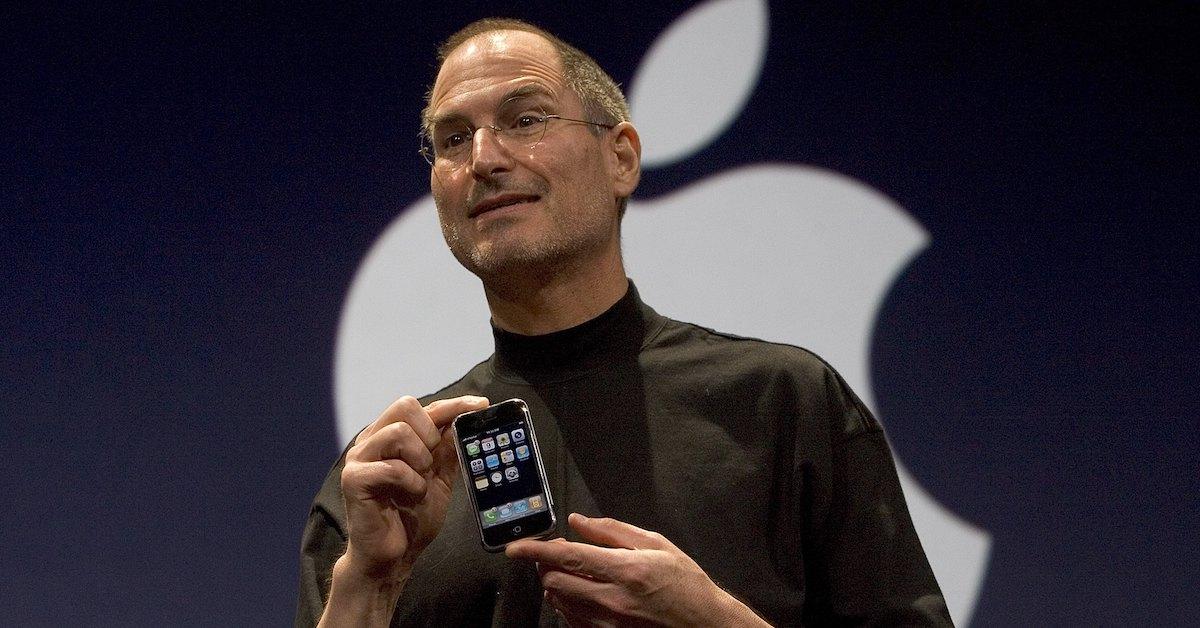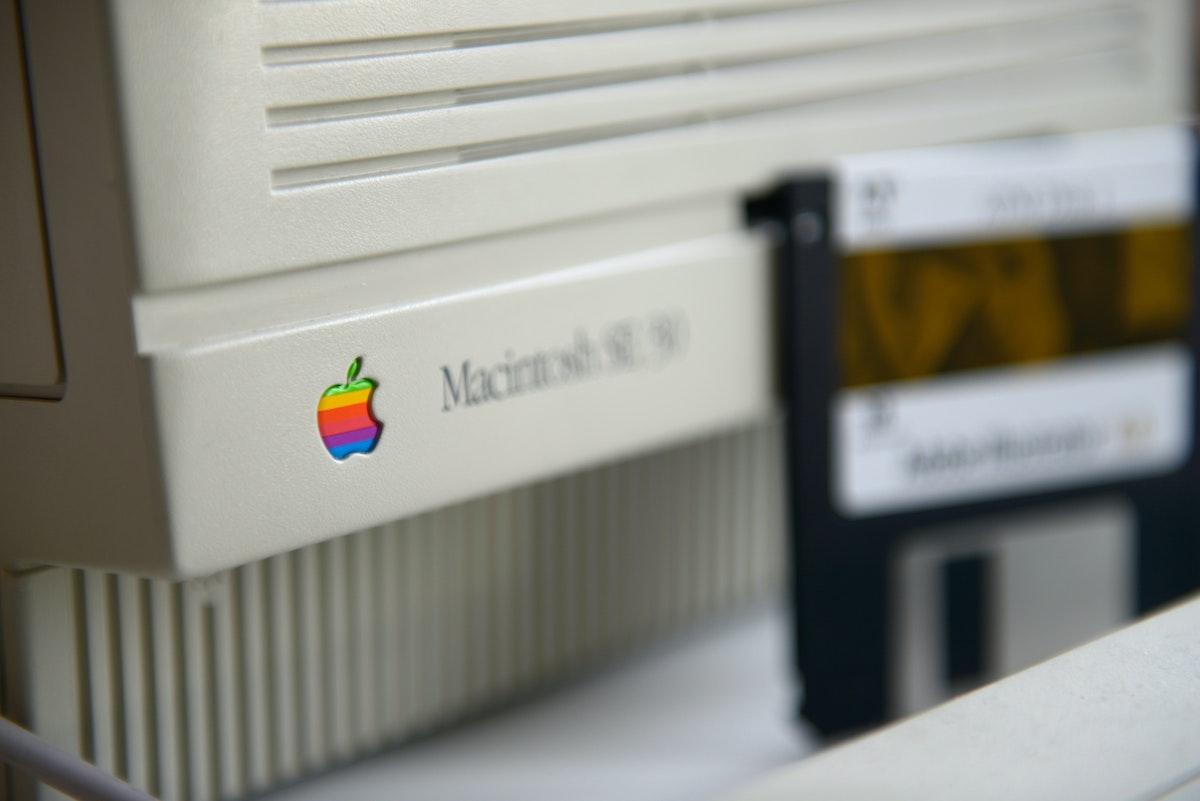Apple Co-Founder Ronald Wayne's Doesn't Regret Bailing, Despite Losing Out on Billions
Despite being one of the founders of tech giant Apple, Ronald Wayne bailed out early, which explains his modest net worth compared to the late Steve Jobs and fellow founder Steve Wozniak.
March 3 2022, Published 3:58 p.m. ET

Hindsight is truly 20/20. Had Apple cofounder Ronald Wayne realized the modest computer company he helped start in Steve Jobs' garage would grow to be a nearly $3 trillion company, he might not have been so quick to sell back his 10 percent stake to co-founders Jobs and Steve Wozniak. However, most people would not have seen that potential in 1976. If Wayne still owned 10 percent of Apple, which he sold back to his partners for the modest sum of $800, he would be a billionaire many times over today. Alas, Wayne's net worth is far more modest.
Ronald Wayne's net worth is estimated to be in the mid six figures.
Wayne is rarely remembered as one of the founders of Apple, mainly because his time with the fledgling computer company was brief. After helping set things up administratively, Wayne asked to be bought out just 12 days after partnering with Jobs and Wozniak, a decision he says he would still make today going only on the information he had at the time. So, instead of being worth several billions of dollars (had he retained 10 percent ownership), Wayne is reportedly worth a far more modest $400,000.
Ronald Wayne
Apple Co-Founder, electronics businessman (retired)
Net worth: 400K (unconfirmed)
Ronald Wayne was one of the three co-founders of the Apple Computer Company, now known as Apple, Inc. He left the company after 12 days and sold back his 10 percent stake.
Birthdate: May 17, 1934
Birthplace: Cleveland, Ohio
Education: School of Industrial Art (now called the High School of Art and Design), New York, N.Y.
But with only the knowledge he had back in 1976, Wayne believes he made a decision anyone in his position would have. At the time, the two Steves had absolutely no common sense — which is why they'd brought Wayne on in the first place — and at the time he pulled out, Wayne says the one sales deal Apple Computers had struck seemed pretty shady.
Jobs had sold 50 machines to a small company called The Byte Shop, but Wayne told BBC News in 2016 that everything he'd heard about the company left him feeling anxious. The trio would have had to go $15,000 in debt to fulfill the order, and Wayne was given reason to doubt they'd pay the invoice.
"If the company goes poof, we are individually liable for the debts," Wayne said. And since the two Steves had no money, Wayne knew that liability would therefore fall to him.
"I had a house, and a bank account, and a car… I was reachable!" So, fearing the relationship would only end with creditors at his door, Wayne sold his stake back. A few years later, the Steves sent him an additional $1,500 if he would relinquish any future claim on the company.
Even at that time, it seemed like the best course of action. How could he have foreseen the iPhone?! While Wayne has never expressed regret over bailing out early on Apple, he does regret selling his copy of the contract he signed with Jobs and Wozniak for such a modest sum. After accepting $500 for it, the artifact sold at auction in 2011 for $1.6 million.

Wayne admits, though, that he had "no business being in business," preferring to just do the things he enjoys rather than run a company. Shortly before joining up with the Steves, Wayne had a fail attempt at running a company producing slot machines.
After leaving Apple, he continued to work at Atari, where the trio first met, for a few more years before leaving to start his own philately shop. He may not have billions but by all accounts Wayne is quite happy in his modest home in Pahrump, Nev., where he continues to sell rare stamps and coins and entertains his life-long love of slot machines by playing the penny slots at local casinos.
Making money has just never seemed to be that important to him. While Wayne holds a dozen patents, some of which could had also resulted in small fortunes, the retiree says he never had enough money to pursue a claim on them.

